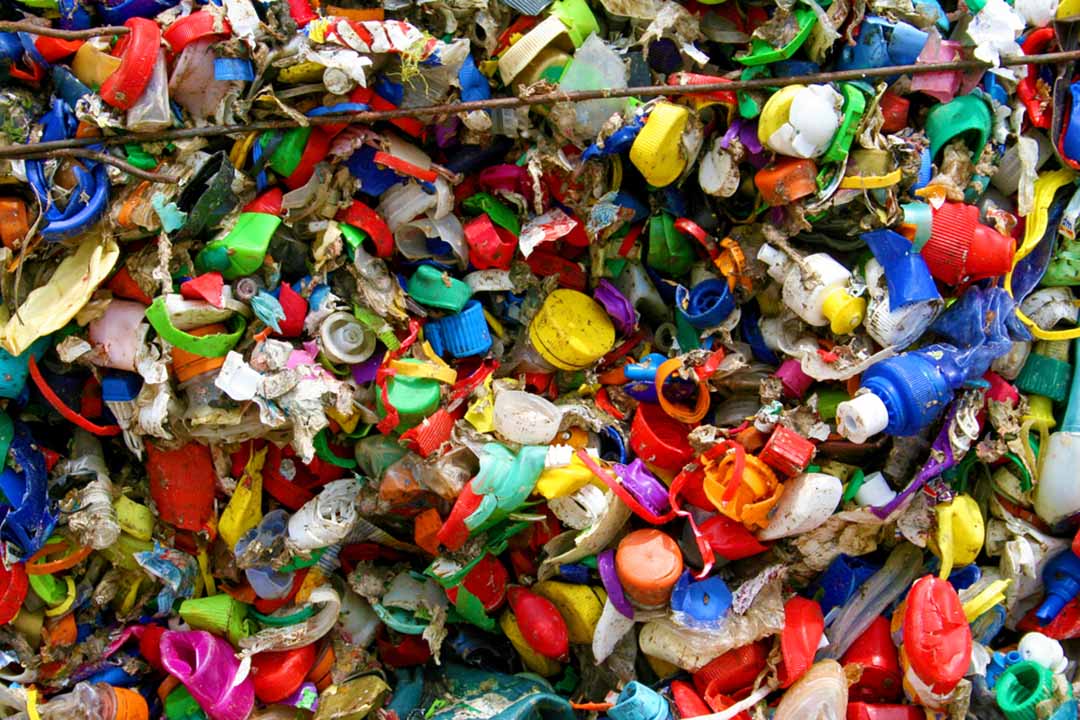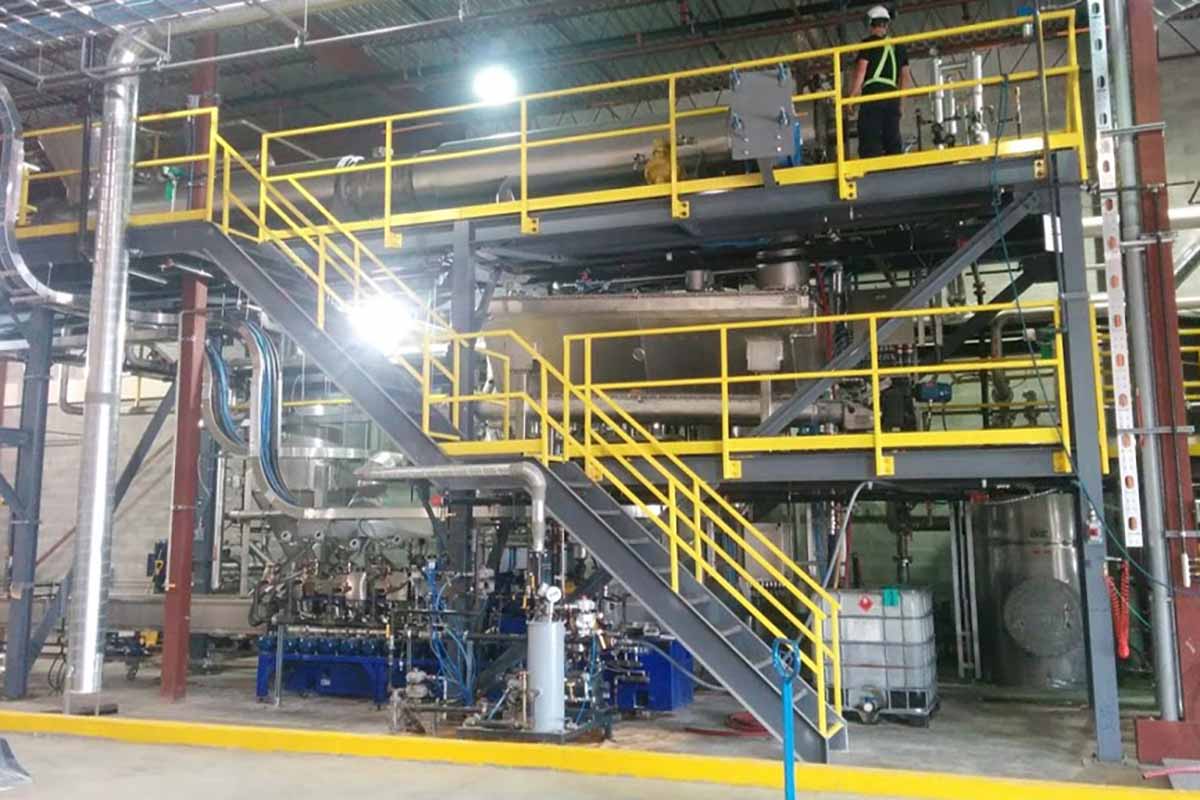
The REMADE Institute issued funding to projects exploring a variety of plastics recycling technologies. | Olivier Le Queinec/Shutterstock
A federal initiative focused on energy efficiency in U.S. manufacturing recently selected more than a dozen plastics recycling projects to support. They include efforts advancing PET recovery, mixed-plastics processing, chemical recycling and more.


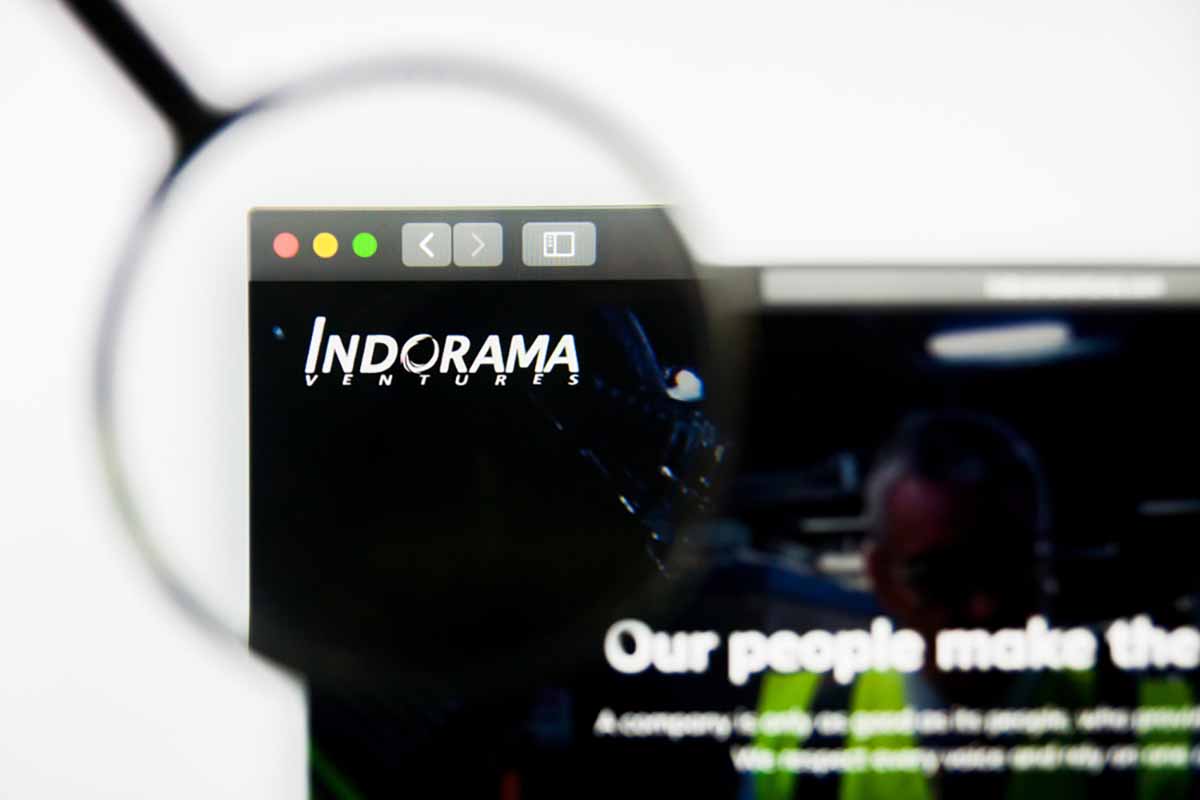
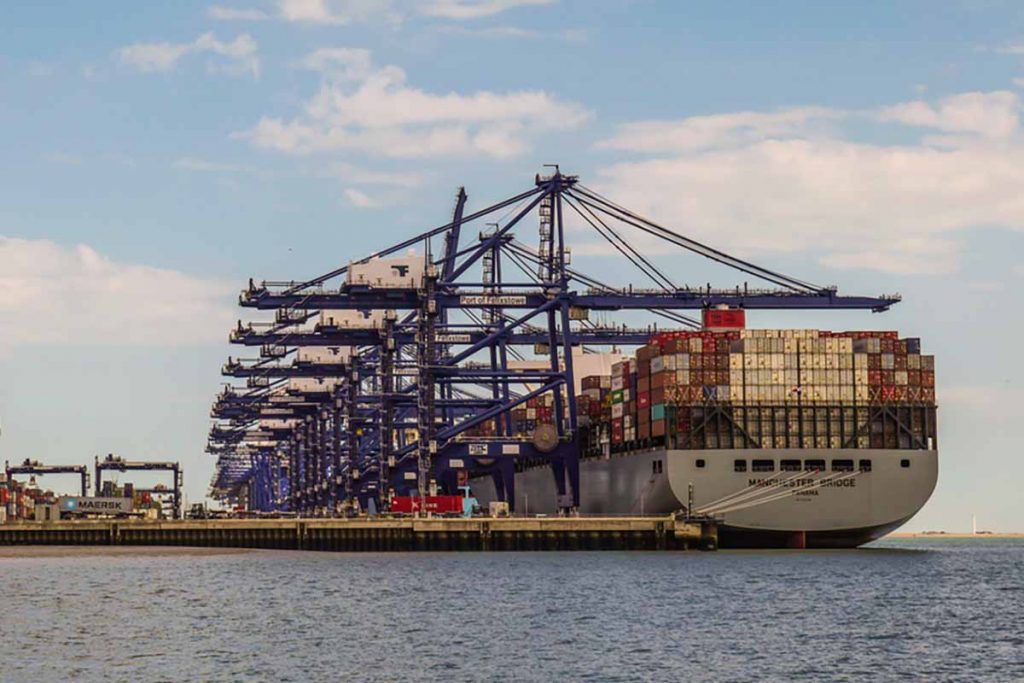
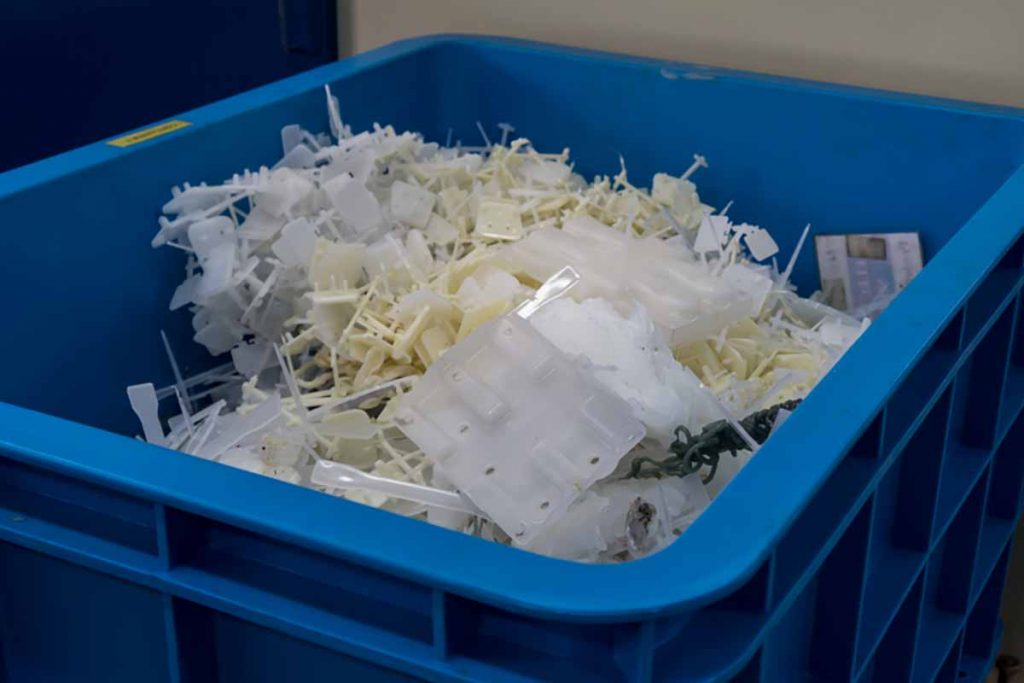
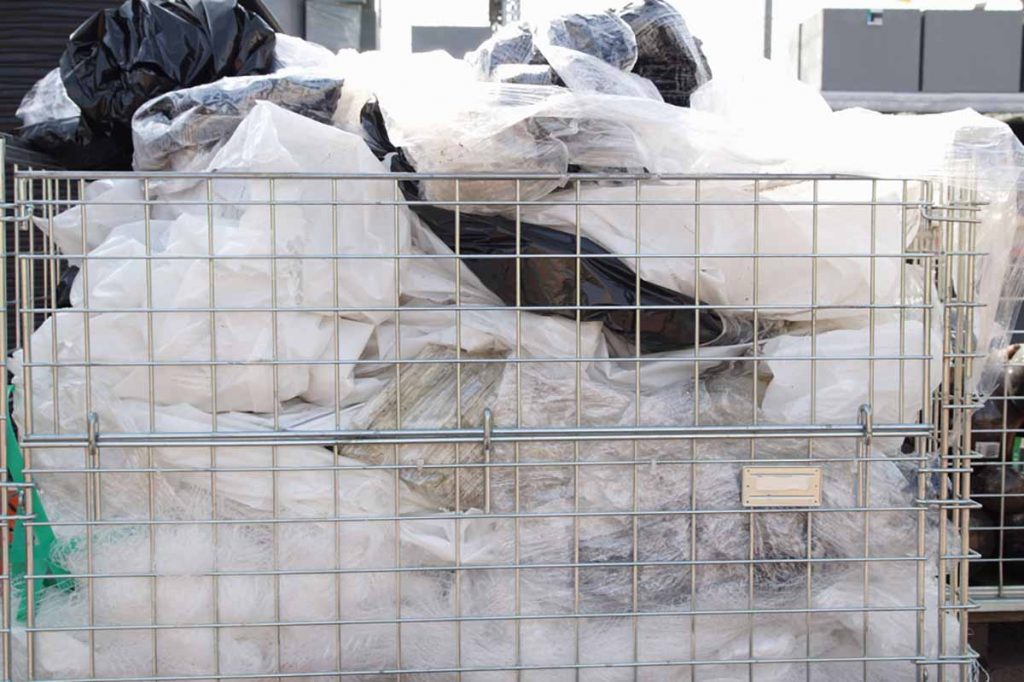
 The past month has been marked by value boosts for recovered PET, HDPE and PP materials.
The past month has been marked by value boosts for recovered PET, HDPE and PP materials.
